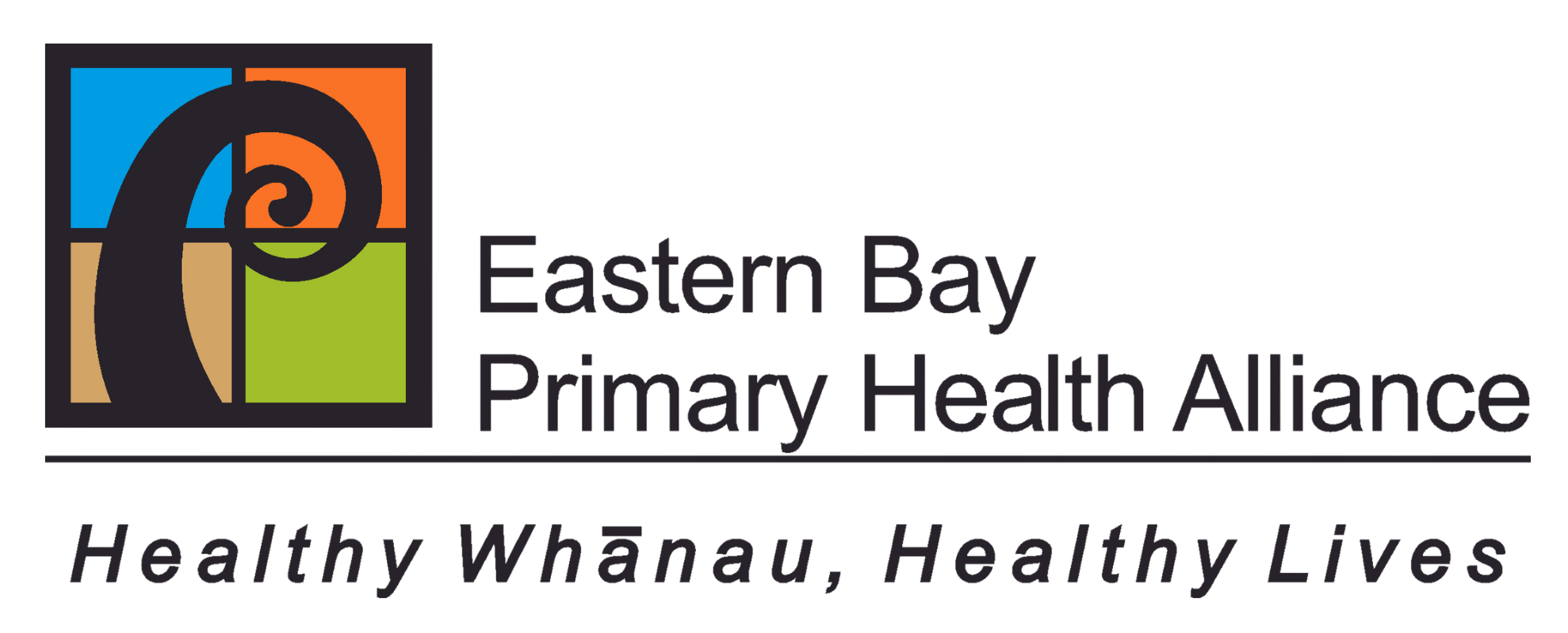CODE OF RIGHTS
TOHU O TE TIKA
You have rights
You have rights when you receive health or disability services whether you pay for those services or not. Everyone using a health or disability service has the protection of a Code of Rights. An independent Commissioner promotes and protects these rights under a New Zealand law called the Health and Disability Commissioner Act 1994. When receiving a health or disability service, The Code of Rights gives you 10 rights:
- To be treated with respect
- To be treated fairly without pressure or discrimination
- The right to dignity and independence
- To receive a quality service and to be treated with care and skill
- To be given information that you can understand in a way that helps you communicate with the person providing the service
- To be given the information you need to know about your health or disability; the service being provided and the names and roles of the staff; as well as information about any tests and procedures you need and any test results. In New Zealand, people are encouraged to ask questions and to ask for more information to help them understand what is going on
- To make your own decision about your care, and to change your mind
- To have a support person with you at most times
- To have all these rights apply if you are asked to take part in a research study or teaching session for training staff
- The right to complain and have your complaint taken seriously
If you would like to find out more about your rights, or if you have any complaint about the health care you have received, you can get help from your local advisory service or contact:
Health and Disability Commissioner
0800 11 22 33
hdc@hdc.org.nz
www.hdc.org.nz
Confidentiality
We collect your health information to provide a record of care. This helps you receive quality treatment and care when you need it. We also collect your health information to help:
- Keep you and others safe
- Plan and fund health services
- Carry out authorised research
- Train healthcare professionals
- Prepare and publish statistics
- Improve government services
- Information quality
We’re required to keep your information accurate, up-to-date and relevant for your treatment and care. Confidentiality and keeping your information private are very important to us.
Your health practitioner will record relevant information from your consultation in your notes. Your health information will be shared with others involved in your healthcare and with other agencies with your consent, or if authorised by law.
You don’t have to share your health information, however, withholding it may affect the quality of care you receive. Talk to your health practitioner if you have any concerns.
You have the right to know where your information is kept, who has access rights, and, if the system has audit log capability, who has viewed or updated your information. Your information will be kept securely to prevent unauthorised access.
Health and Safety
EBPHA is committed to providing and maintaining a safe work environment for the health, safety and welfare of our staff, contractors, visitors, and members of the public who may be affected by our work. Health and Safety Work Act is New Zealand’s workplace health and safety law and sets out the principles, duties, and rights in relation to workplace health and safety.
Under the new Health and Safety at Work Act (2015) all workers have health and safety responsibilities when at work. They must take reasonable care to ensure the health and safety of themselves and others, and to comply with the business’s reasonable instructions and policies.
Other people in the workplace, such as visitors or customers, also have health and safety duties and must also comply with the business’s policies. Find out more about the Health and Safety at Work Act 2015.
